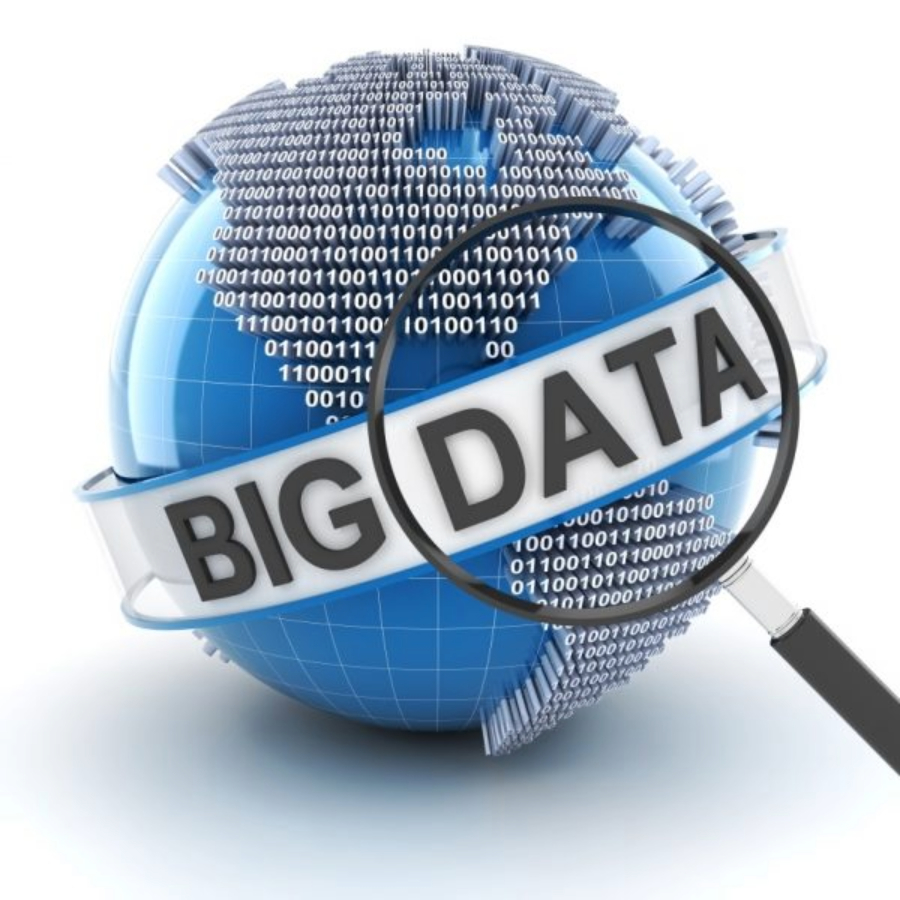The era of big data
In our increasingly interconnected world, the term “Big Data” has become a ubiquitous presence. It symbolizes the colossal volumes of data generated daily by individuals, organizations, and devices across the globe. This surge in data has given rise to what we might aptly call the “Big Data Rush.” In this blog post, we will delve into the dynamics of this rush, exploring its significance, challenges, and implications for various industries.
Growth
To truly understand the Big Data Rush, we must first grasp the staggering scale of data generation. In 2020 alone, an astounding 59 zettabytes of data were produced globally. To put this in perspective, that’s equivalent to around 59 trillion gigabytes! The growth of big data can be attributed to several key factors:
Digital Transformation: The widespread adoption of digital technologies across industries has led to an exponential increase in data production. Whether it’s online transactions, social media interactions, or sensor data from Internet of Things (IoT) devices, every digital interaction contributes to the data deluge.
Internet of Things (IoT): The proliferation of IoT devices, including smart thermostats, fitness trackers, and connected appliances, has added to the continuous stream of data. These devices collect and transmit data, providing valuable insights for various applications.
Social Media: The omnipresence of social media platforms such as Facebook, Twitter, and Instagram generates a constant flow of textual, visual, and audio data. This data serves as a goldmine of information about consumer behavior and emerging trends.
Importance
Informed Decision-Making: Big data empowers organizations to make data-driven decisions. By analyzing large datasets, businesses can gain insights into customer preferences, market trends, and operational efficiencies, enabling them to make informed choices.
Enhanced Customer Experiences: From personalized product recommendations to real-time customer support chatbots, big data enables businesses to cater to individual customer needs and preferences, fostering loyalty and satisfaction.
Innovation and Research: In fields like healthcare, big data plays a pivotal role in research and development. It aids in the discovery of new drugs, the identification of disease trends, and the optimization of healthcare delivery.
Efficiency and Cost Savings: Big data analytics can identify inefficiencies in supply chains, manufacturing processes, and logistics. This optimization leads to cost savings and improved resource allocation.
Challenges
Data Privacy and Security: The abundance of data raises significant privacy concerns. Mishandling personal data can result in breaches, identity theft, and legal repercussions. Regulations such as GDPR and CCPA have been enacted to safeguard data privacy.
Data Quality: The quality of data is paramount. Inaccurate or incomplete data can lead to flawed analyses and misguided decisions. Ensuring data quality in large, diverse datasets remains an ongoing challenge.
Skilled Workforce: The demand for data scientists, data engineers, and data analysts has skyrocketed. Companies struggle to find qualified professionals with the skills to effectively manage and analyze big data.
Infrastructure Costs: Building and maintaining the infrastructure required for big data storage and processing can be costly. While cloud computing offers scalable solutions, it comes with its own set of expenses.
Ethical Considerations: The rush to harness big data has raised ethical questions. Issues of bias in algorithms, discrimination in decision-making, and transparency in AI systems have come to the forefront.
Technology and Tools
Hadoop: An open-source framework, Hadoop allows for distributed processing of large datasets across clusters of computers. It serves as a fundamental tool for big data storage and processing.
Spark: Apache Spark is another open-source framework renowned for its fast, in-memory data processing capabilities. It is celebrated for real-time analytics and versatility.
Cloud Services: Cloud providers like Amazon Web Services (AWS), Microsoft Azure, and Google Cloud offer scalable, cost-effective solutions for storing and processing big data. These platforms democratize access to advanced data technologies.
Data Ethics and Regulation
Privacy: Individuals are increasingly concerned about how their data is collected and used. Regulations like the General Data Protection Regulation (GDPR) in Europe empower individuals to control their personal data.
Bias and Fairness: Algorithms trained on biased data can perpetuate discrimination and reinforce stereotypes. Ensuring fairness and transparency in AI systems is an ongoing challenge.
Use Cases
Healthcare: Big data aids in patient diagnosis, drug discovery, and epidemiological studies. Wearable devices and electronic health records generate valuable health-related data.
Finance: In the financial sector, big data is used for fraud detection, risk assessment, algorithmic trading, and customer profiling.
Marketing: Marketers leverage big data for targeted advertising, customer segmentation, and campaign optimization. Analyzing social media data helps identify trends and consumer sentiment.
Manufacturing: Big data analytics improve manufacturing processes by optimizing production schedules, predicting equipment failures, and ensuring product quality.
Future Trends
Edge Computing: The rise of edge computing allows data processing to occur closer to the data source, reducing latency and enabling real-time decision-making.
AI Integration: Artificial intelligence and machine learning will continue to play a central role in analyzing big data. Predictive analytics and automation will become more prevalent.
Responsible AI: Efforts to make AI systems more ethical and accountable will intensify. Organizations will prioritize fairness, transparency, and bias mitigation in AI development.
Conclusion
In the era of the Big Data Rush, understanding and harnessing the power of big data is essential for individuals and organizations alike. It’s a force that drives innovation, enhances decision-making, and transforms industries. However, it also poses challenges related to privacy, security, ethics, and data quality. To navigate this rush successfully, we must remain vigilant, ethical, and adaptable in our approach to data. As big data continues to evolve, it promises to reshape the world we live in, making it imperative to stay informed and engaged with this transformative trend.
Source
- https://www.forbes.com/sites/forbestechcouncil/2023/05/24/the-new-era-of-big-data/?sh=7f21287a5783
- https://www.oracle.com/in/big-data/what-is-big-data/#:~:text=is%20Big%20Data%3F-,Big%20data%20defined, especially%20from%20new%20data%20sources.

